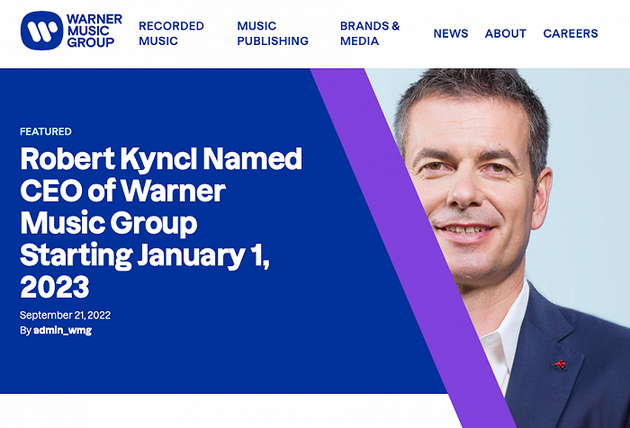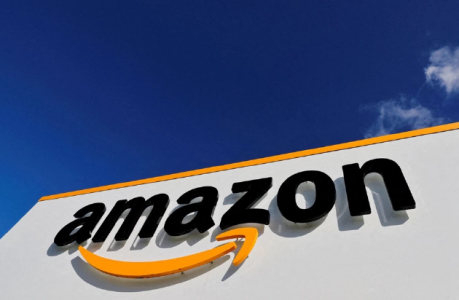your current location is:Home > Finance > depthHomedepth
Bill Gates: The best thing to do for each other
The Global Fund is the "Swiss Army Knife" of global health - it is equipped with many tools and can solve many problems. This month, we committed to adding $912 million to the Global Fund by 2026. We ask leaders to also make a major commitment so that the world has a chance to achieve the United Nations Sustainable Development Goals.
Twenty years ago, if you lived in one of the 100 malaria-endemic countries, when your child had a fever and chills, you probably couldn't get a definitive diagnosis. Even if you go to a clinic with a correct diagnosis, it is still difficult for you to get an effective drug because of the prevalence of drug resistance.

■ Rumionza, Rwanda, where a community health worker monitors a boy's nutritional intake with the help of the child's mother. The Global Fund supports the programme through the Rwanda Ministry of Health
Health officials will likely never know how many children in your community are sick and how many are unresponsive to medication. That means they can't plan the right interventions, and scientists can't get the information they need to develop new drugs.
At that time, these advances had not yet occurred: a vast network of trained community health workers, going door-to-door to conduct rapid tests and distribute highly effective drugs; send information on each malaria case via mobile devices to an integrated data system for Health officials responded quickly to outbreaks, scientists tracked drug resistance, and mass distribution of drug-impregnated mosquito nets greatly reduced the chances of children contracting malaria.
When I say "at that time," I mean right before the establishment of the Global Fund. For the past two decades, the Global Fund to Fight AIDS, Tuberculosis and Malaria has worked closely with governments, nonprofits and communities to use existing tools and continually invest in new ways to fight these diseases.
The Swiss Army Knife of Global Health
I said a long time ago that the Global Fund is one of the best things people can do for each other, and one of the most effective things. Over the past two decades, Global Fund-supported projects have more than halved deaths from AIDS, tuberculosis and malaria, saving more than 50 million lives. In sub-Saharan Africa, life expectancy increased by 12 years, thanks in part to the Global Fund.
The Global Fund is the "Swiss Army Knife" of global health - it is equipped with many tools and can solve many problems. Sometimes these problems are not AIDS, tuberculosis or malaria. The Global Fund has revolutionized the fight against these diseases and, during the Covid-19 pandemic, has had a major impact on the fight against Covid-19.

■ Proportion of 2021 Global Fund grants in HIV, TB, malaria / Global Fund
It is no exaggeration to say that because of the Global Fund, low-income countries, and the world, have avoided the worst-case scenarios during the Covid-19 pandemic, because the Global Fund has made these possible: laboratory capacity, diagnostic tests, health workers , and even multilateral relations that foster rapid and trusting cooperation. On top of that, the Global Fund has been the largest donor of COVID-19 response funding (other than vaccines) to low-income countries.
In Uganda, deaths plummet, hope rises
To understand what a Global Fund investment can mean for a country, consider the example of Uganda. Uganda has long been battling AIDS, tuberculosis and malaria, with great success. Since the Global Fund was established, AIDS deaths there have fallen by 75% and malaria deaths by 57%. TB deaths, while up, would have been 10 times higher without these control measures.
And because of the Global Fund, Uganda was able to respond quickly when the new crown hit:
● Because of the relationships and logistics capabilities built up over the years, when there was a shortage of oxygen cylinders, the Global Fund purchased oxygen cylinders and sent them to various hospitals in Uganda.
● Rapid funding is made possible by the financial instruments and grants already in place by the government and the private sector.
● Community-trusted health workers, who have been diagnosing and treating HIV, tuberculosis and malaria, can quickly switch to providing testing services for COVID-19. Diagnostic equipment adapted for Covid-19 testing. Nearly three-quarters of Covid-19 testing in Uganda is facilitated by the Global Fund.

■ Key Global Fund investments/Global Fund in the fight against AIDS, tuberculosis and malaria
In the face of this historic threat, the world is much better off because of the Global Fund. Nonetheless, COVID-19 has dealt a heavy blow to the world. Malaria deaths are rising, as are tuberculosis deaths. Progress against AIDS is slowing. It took 20 years to halve the death toll from these diseases, and we can't wait for the next 20 years to cut in half again. Because, even though the situation has improved so much now, a child still dies of malaria every minute.
We know what works. Amazing innovations are coming, such as better vaccines and diagnostics, new drugs to overcome drug resistance, and innovative ways to control the threat of malaria—such as sugar baits that kill mosquitoes, and only kill mosquitoes (not for humans). Harmful). Once these new tools are ready, the Global Fund will provide resources to bring them from the lab to the community. In other words, the Global Fund is the most important innovation among them.
Why the Gates Foundation committed a $912 million increase to the Global Fund
At the Gates Foundation, we are fully committed to the Global Fund—and it has been since its inception. This month, we committed to adding $912 million to the Global Fund by 2026. We ask leaders to also make a major commitment so that the world has a chance to achieve the United Nations Sustainable Development Goals. Governments, the private sector and not-for-profit organizations have all played a huge role in the Global Fund's success -- and key to its future growth.
If everyone can do their bit, the Global Fund can save 20 million lives in three years from chronic diseases such as AIDS, tuberculosis and malaria. Not only that, but it can continue to arm the world against threats that have yet to emerge.
Previous:"Injecting" Asian CEOs into the Cup of Starbucks
Next:Telstra hacked, nearly 10 million users' information may have been leaked
related articles
Article Comments (0)
- This article has not received comments yet, hurry up and grab the first frame~












